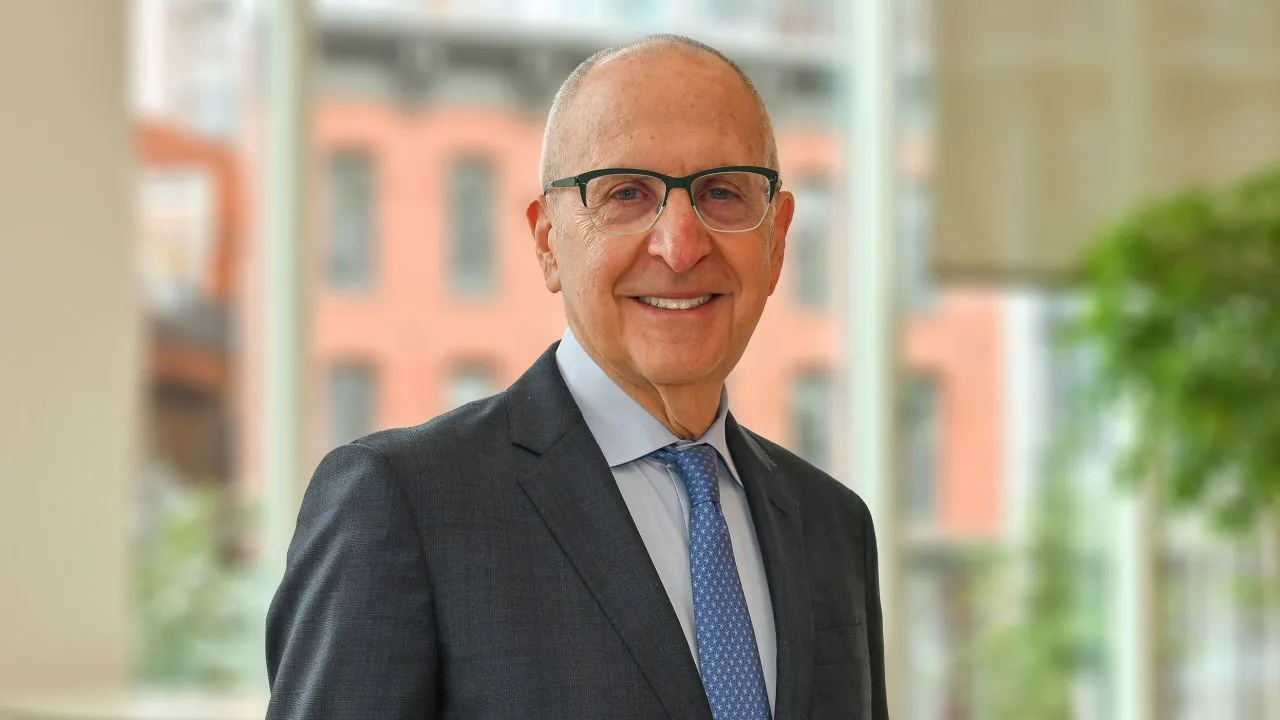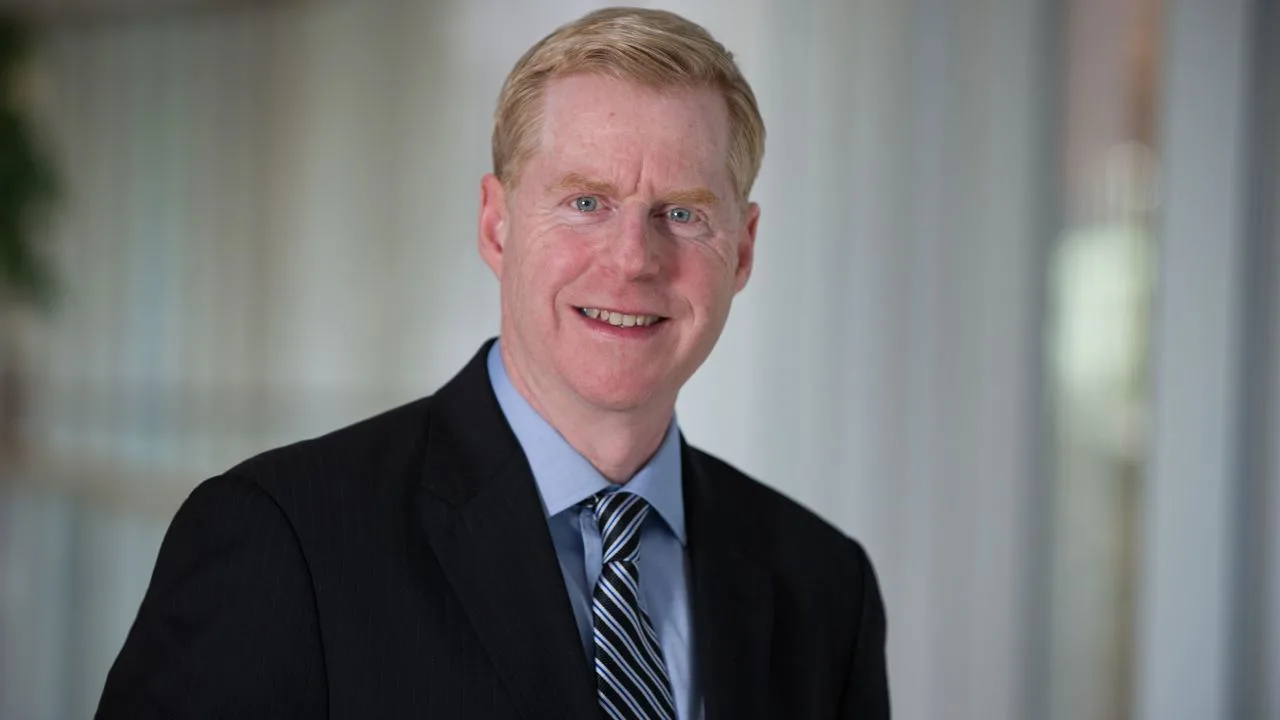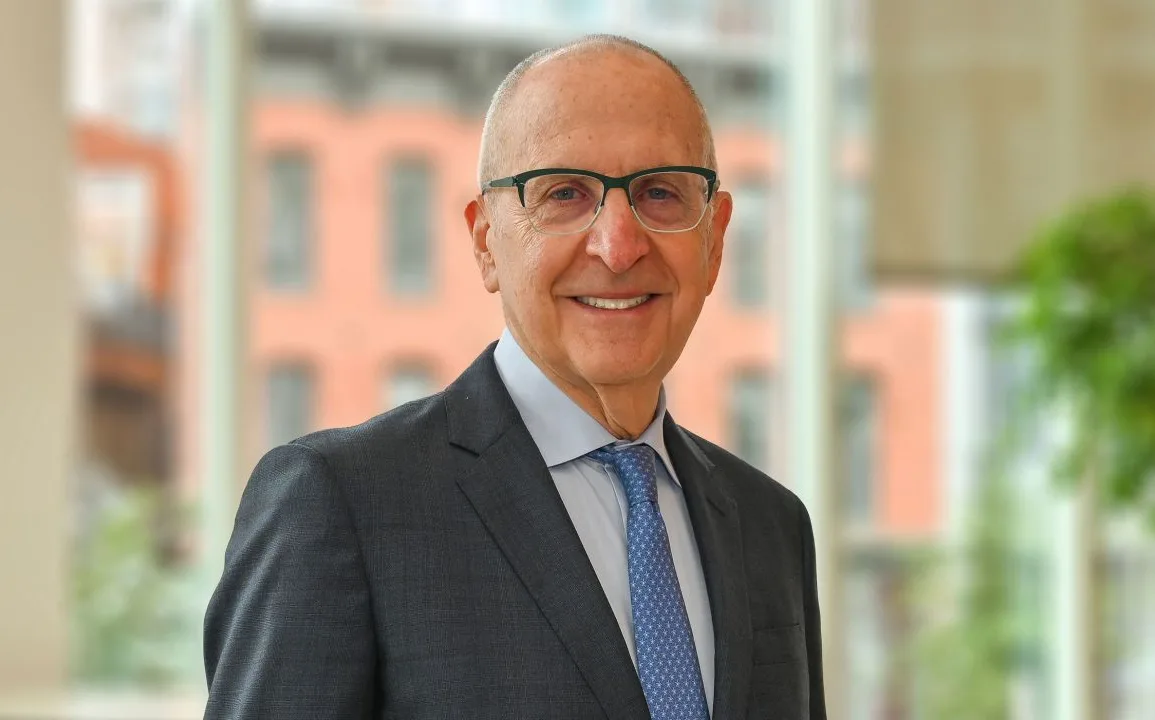Editor’s Note: David J. Skorton, MD, is a former university president, cardiologist and president and CEO of the Association of American Medical Colleges. Frank R. Trinity, JD, is chief legal officer of the Association of American Medical Colleges. The views expressed in this commentary are their own. Read more opinion at CNN.
CNN
—
Black men in the United States experience higher rates of prostate cancer and are twice as likely to die from the disease than White men. The Black maternal mortality rate is more than double what it is for White women. And Black and Hispanic children living with heart conditions have a much higher risk of death than do White children.





These are examples of the bleak health picture for many Americans, and an unfortunate Supreme Court ruling last month may make a bad situation worse.
The court’s ruling —that Harvard College’s and the University of North Carolina’s race-conscious admissions practices violate the Constitution — is a consequential decision that could harm our nation’s health for generations to come, unless those of us who are entrusted with training our future doctors use every tool available within the law to avert this outcome.
Last month’s decision has imposed new restrictions on what administrators at colleges can do as they strive to create a student body that represents America. But it has particular implications for medical schools and, therefore, the nation’s health. The impact could undermine opportunities to improve the quality of care that patients receive, especially patients in underserved communities.
Many people already face higher risks of health catastrophes simply because of where they live, their household income and, in many cases, their racial or ethnic background. The Association of American Medical Colleges projects a shortfall of physicians over the next decade, one that will hit underserved communities the hardest. Our ability to offer quality health care to people from all social circumstances and income levels correlates directly with the admission of students who have some lived experience of these realities.
That’s why, when choosing tomorrow’s doctors, medical schools look for well-rounded candidates who not only possess the knowledge of relevant science and other disciplines germane to medicine, but also the ability to engage effectively with patients from different backgrounds.
To be more direct, high grades and test scores, while important, are not enough to predict who will become a good physician. Just as important are a candidate’s empathy, record of overcoming challenges or building bridges with other people and communication skills, which will enable them to foster relationships with peers and patients.
It is a well-established fact that a diverse learning environment helps strengthen the skills that health care workers need to address health disparities. Bringing together people of varied experiences changes how students, physicians and biomedical researchers view medical challenges. And, ultimately, diverse teams make better decisions.
A growing body of research shows that patients receive better care when they are treated by doctors and medical teams that have trained or worked with people from different backgrounds. They have more trusting relationships with physicians, are more likely to obtain routine preventive care and experience more positive health outcomes. As one recent study concluded, when there are more Black primary care doctors in a county, the Black people there actually live longer.
As Justice Sonia Sotomayor noted in her dissenting opinion: “[I]ncreasing the number of students from underrepresented backgrounds who join ‘the ranks of medical professionals’ improves ‘healthcare access and health outcomes in medically underserved areas’.”
The court’s ruling will likely make it more difficult to recruit and train the next generation of physicians. In fact, states that banned race-conscious admissions prior to the court’s ruling have seen enrollment drop by 37% among students who are Black, Hispanic, American Indian or Alaska Native and Native Hawaiian or Pacific Islander.
Our organization, which represents the nation’s more than 150 accredited medical schools and nearly 400 teaching hospitals and health systems, advocates for policies that will lead to better health outcomes for all Americans, and is resolved to work within these new legal parameters to create a corps of doctors who will deliver the best care to every patient they treat. We have long strived to build this critical national resource for our nation’s health and will continue full speed ahead toward that goal.
Among other steps, we will advance our efforts to identify students who are historically underrepresented in medicine, reaching them at an earlier stage in their educational pathway — as early as middle school — to connect them with health care professionals via mentorship and sponsorship programs to foster a love of science and encourage them to pursue careers in health care.
For example, we’re developing toolkits and curriculum for K-12 educators so that young people, from all walks of life, can see a path to becoming a doctor, and we are identifying or developing tools and resources to holistically support a diverse cohort of medical students. Also, we conducted the National Health Sciences STEM Pathway Survey with the Morehouse School of Medicine to better understand the landscape of pathway programs in our member medical schools. And we will continue our work to improve the processes and services that are used by those applying to medical schools and to assist those who decide who gets admitted.
Get Our Free Weekly Newsletter
To improve the health of people across the country — urban and rural — we need to continue to develop a workforce that represents our great nation. The Supreme Court ruling jeopardizes our ability to achieve a more effective health workforce, but we remain unflagging in pursuing that goal. Through our collective efforts, we can hasten the day when everyone, in every part of our country, receives the very best care that modern medicine can offer.
For any prospective students who might feel discouraged by the Supreme Court’s ruling, and the parents, teachers, guidance counselors and others in your community who might encourage you, we urge you to pursue your dreams of a career in medicine, which is one of the most rewarding careers there is.
The stakes are too high for medical schools, and the people they will ultimately care for, to abandon our commitment to a broadly representative student body and medical profession. We need your perspectives, skills and drive more than ever.



